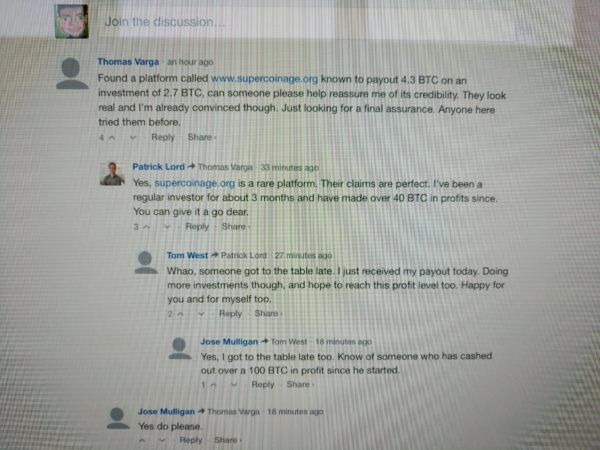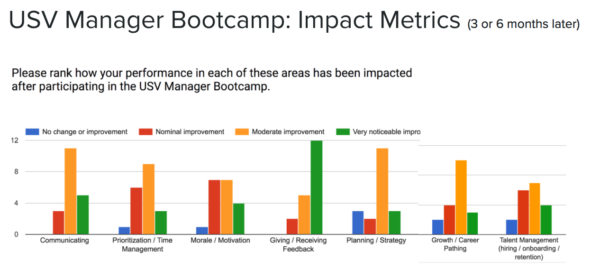If you were making a list of things that could go wrong on an seed, angel, or Series A investment, you would have to put the co-founder relationship right up there at the top of the list. Not every startup has co-founders. Some just have one founder. In some ways, that is a bit easier to “underwrite.” At least it is clear who is in charge and why things are happening or not happening.
With co-founders, it is always a bit unclear where the issues are coming from. Founders don’t generally like to disclose their issues to their investors and Board. If it gets really bad, the stuff comes out. But often it stays under the covers where you, as an investor, can’t do much about it, other than wonder what is really going on.
Frequently one of the founders is the “business person” and the other is the “technical person.” That works pretty well as each person has a domain where they are “the boss” and that means they aren’t in each other’s hair so much. But there are many places where that framework breaks down. Examples of areas that create co-founder stress are compensation, raising money/dilution, product strategy, resource allocation, marketing, and PR, among many others.
The co-founder dysfunction impacts everyone in and around the company, but mostly the team underneath the founders. It is like being in a family where mom and dad aren’t getting along. There is stress and strain, messed up decision making, and everyone is walking on eggshells.
So what can be done about this issue?
Here are some suggestions:
1/ The Board and investor group should talk directly and honestly with the founders about the challenges of staying aligned and those conversations should start before an investment is even made. By putting the issue on the table, making it something people are allowed to talk about openly, there is a much greater chance the issue can be managed effectively.
2/ The team underneath the founders should feel like they have the right, and the responsibility, to talk to the Board and investor group when founder dysfunction gets really bad. In general the idea of the team going around the leaders to the Board is a big “no no” in startup land, but there are a few places where that needs to happen, like outing illegal or dishonest actions, or harassment. Likewise, if the co-founder relationship is so bad that the company is being seriously harmed, the team should feel a responsibility to come to the Board with that information.
3/ There are some great “founder conflict” coaches out there. This is a bit like marriage counseling. The co-founders meet with a coach together regularly to diffuse and manage their conflict. I have seen this work very well. Most CEO Coaches will do founder conflict coaching, and if they don’t do it, they can recommend someone who will.
4/ Founder divorce is something that happens pretty regularly. If two, or three, people can’t figure out how to work well together, then one, or possibly more, will have to leave. Sometimes founders can figure this out on their own, but often the Board and members of the team will get involved as well. I have not seen the data on this, but I would imagine a minority of founder teams make it all the way to the finish line without one or more leaving along the way, often for reasons of unmanageable conflict.
Founder conflict is pervasive in startup land but is not discussed very often. That should change. It is normal. It happens. You aren’t the only one who is experiencing it. It is OK to talk about it, put it on the table, and deal with it.
DISCLAIMER – This post is absolutely not about any company, any founder or founders, or anything specific at all. It is just about something that we frequently see and is worth talking about. If you think I am writing about you, your company, or your founder, you are wrong. But I am happy to talk about it nonetheless.

